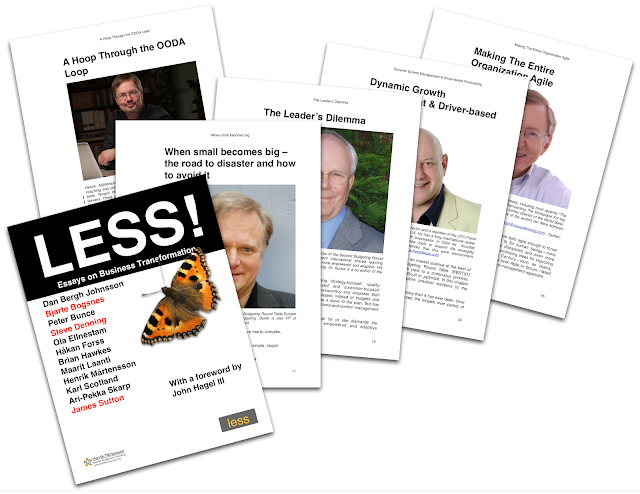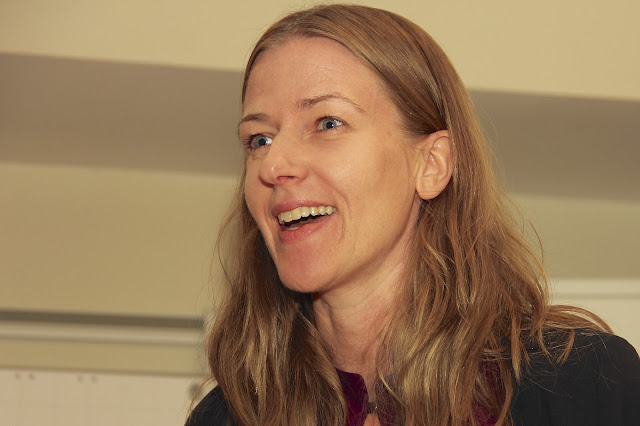Facebook vs. Google+ Communities - Is it talkers vs. doers?

If you have a special interest, you may see a lot more action in a Google+ Community than on Facebook. After two days in Google's The Photo Community, my photos had garnered more interest than I have been able to build after years on Facebook. Google may have hit it off big with its newest product: Google+ Communities. Two days ago I joined The Photo Community at Google+. The community was created by Trey Ratcliff, a very well known HDR photographer. After two days in The Photo Community, I have gotten into contact with more photographers than I have during the past two years on Facebook. The reason for the different results: The design of the new Google+ Communities. I am an amateur photographer, and I have spent a couple of years building a photo library at Facebook. some time ago, I started doing the same thing at Google+, but initially it was a bit disappointing. I found other photographers, added them to my own photography circle, and posted photos, but there was little







